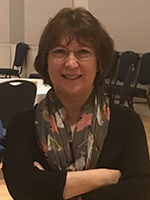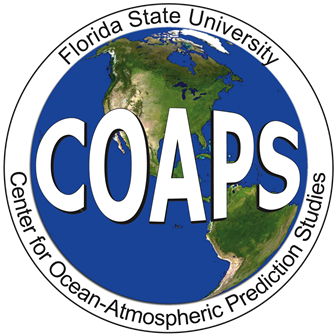
Researcher (Courtesy)
FSU Center for Ocean-Atmospheric Prediction Studies
Communication studies have an important role to play in every area of scientific inquiry. Furthermore, multidisciplinary and interdisciplinary research, while admittedly much easier said than done, is essential. My research explores the relationship between communication theory and practice in the applied context of science communication. This involves translating complex topics and an abundance of data into comprehensible and actionable information. My goal is to help fill critical knowledge gaps about the most effective ways to disseminate scientific knowledge/expertise (science communication) to targeted audiences.
Relevant Projects
The Deep-C (Deep Sea to Coast Connectivity in the Eastern Gulf of Mexico) Consortium was a four-year, interdisciplinary study of deep sea to coast connectivity in the northeastern Gulf of Mexico. The study, which began in 2011, investigated the environmental consequences of petroleum hydrocarbon release in the deep Gulf on living marine resources and ecosystem health. Deep-C examined the geomorphologic, hydrologic, and biogeochemical settings that influence the distribution and fate of the oil and dispersants released during the Deepwater Horizon (DwH) accident, and used the resulting data for model studies that support improved responses to possible future incidents. Deep-C included a robust communication and outreach component that provided rich opportunities for engagement with teachers, graduate and undergraduate students, K12 students, policy makers, and the general public.
The CSOMIO (Consortium for Simulation of Marine in the Ocean) project was a two-year project that worked to synthesize the technology, tools, and scientific knowledge of a group of individual investigators some of whom, since the Deepwater Horizon event, have immersed themselves in this study. The Consortium sought to fill critical gaps in our ability to numerically model the transport and fate of oil in coastal waters. The goal was to produce a comprehensive framework for simulating and understanding the role that microbes play in mitigating the impacts of oil spills. A primary deliverable of the CSOMIO was development of a “Modeling the Gulf” middle school science curriculum.

